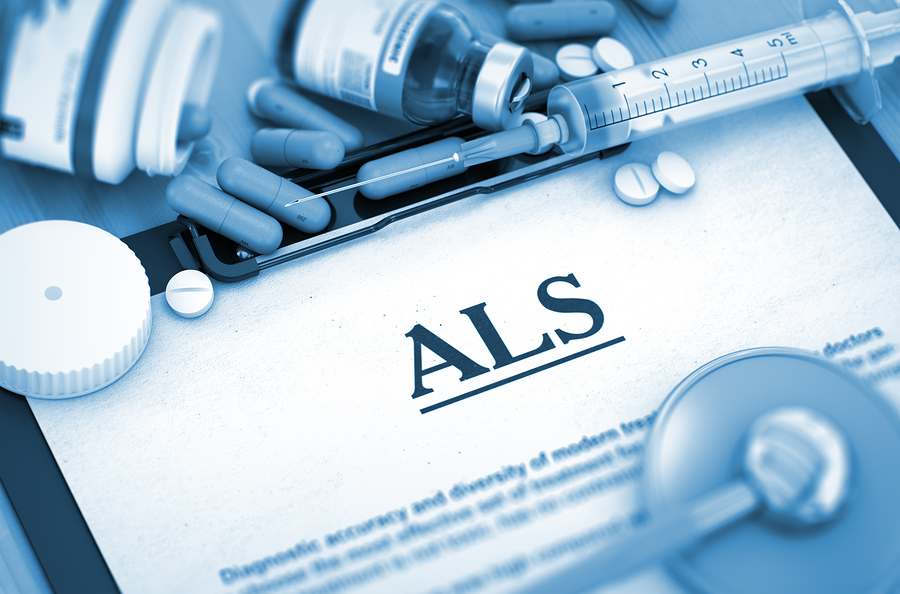
Cancer treatment is a challenging experience for people of all ages, but it can be even more difficult for seniors. Treatments like chemotherapy, radiation therapy, and surgery can cause physical and emotional side effects. This can affect the quality of life of your older loved one. Coping with these challenges requires a multifaceted approach that includes medical management, emotional support, and lifestyle adjustments. Let’s discuss some tips for senior loved ones to cope with the challenges of cancer treatment, and how elder care can help.
Managing Physical Symptoms
Cancer treatments can cause various physical symptoms that can be challenging for seniors to manage. Fatigue, nausea, vomiting, and pain are also common side effects caregivers can help identify. Seniors receiving elder care should work closely with their healthcare team to manage these symptoms effectively.
This may include taking medications, making dietary changes, and engaging in physical therapy or other forms of rehabilitation. It is essential to communicate with the caregivers and inform them about any new symptoms or changes in the elderly patient’s condition. This will help the care provider to adjust the care plan accordingly and provide support to help manage the symptoms.
Emotional Support
Cancer treatment can be emotionally challenging for seniors. Older adults usually experience anxiety, fear, or depression during this period and require family support. Elder care can help provide the emotional support your senior parent needs to improve their overall well-being.
In addition, counseling or therapy can be beneficial in helping seniors cope with the emotional challenges of cancer treatment. Your senior’s healthcare provider can offer referrals for cancer counseling services.
Lifestyle Adjustments
Seniors may need to make lifestyle adjustments to cope with the challenges of cancer treatment. This may include adjusting their diet, exercising regularly, and getting enough rest.
A healthy diet can help seniors manage the physical symptoms of cancer treatment, such as nausea and vomiting. Provide your senior loved one with a balanced diet rich in nutrients. This includes food such as fruits, vegetables, and lean protein. They should also avoid foods that aggravate their symptoms, such as spicy or fatty foods.
Exercise and Sleep
Regular exercise can also be beneficial for seniors. Exercise can help improve energy levels, reduce fatigue, and maintain muscle strength. Seniors should work with a professional healthcare team to develop a safe and effective exercise plan for their condition.
Getting enough rest is also essential for older adults. Cancer treatments can be exhausting, and seniors should aim to get adequate rest to help their bodies heal. Seniors should prioritize rest and ensure a comfortable and supportive sleeping environment.
Support from Family, Friends and Elder Care Providers
Family and friends can play an essential role in helping seniors cope with the challenges of cancer treatment. Seniors should reach out to their loved ones for emotional support, help with daily tasks, and help from transportation to medical appointments. They can help seniors maintain a healthy diet, exercise regularly, and manage their symptoms. When friends and family aren’t able to be there, elder care can step in and help. Elder care providers can help with all of these tasks of daily living and more.
Cancer treatment is a challenging experience, particularly for older loved ones receiving elder care. Coping with cancer treatment’s physical and emotional side effects requires a multifaceted approach that includes medical management, emotional support, and lifestyle adjustments. Seniors should work closely with their healthcare team and a certified caregiver to manage their symptoms effectively and seek emotional help from their loved ones. With the proper support and care, seniors can successfully cope with the challenges of cancer treatment and maintain a good quality of life.
URLs:
https://www.ncbi.nlm.nih.gov/pmc/articles/PMC5070391/
https://www.cancer.gov/about-cancer/coping/caregiver-support
If you or an aging loved one is considering elder care in Pleasant Hill, CA, please contact the caring staff at Golden Heart Senior Care of Walnut Creek. (925) 203-3039.




